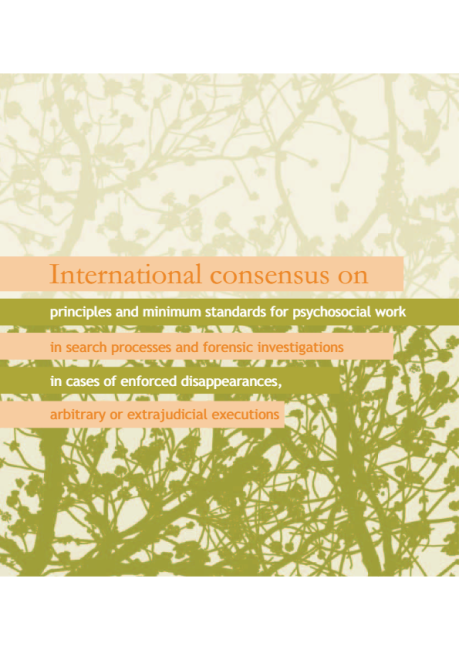
Unbowed: Asia fights for truth and justice
Unlike in some countries where the number of cases of enforced disappearances and other forms of human rights violations is decreasing, Asian states are witnessing an upsurge in new cases. It is quite unfortunate that we do not have many examples of ways to solve this problem in Asia, which the governments can follow to end the vicious cycle of impunity.
In the Philippines, former president Ferdinand Marcos’ Martial Law had ended but the phenomenon of enforced disappearance has not. Suharto’s dictatorship in Indonesia had also collapsed but Aceh and West Papua continue to witness enforced disappearances. Nepal has seen an end to its armed conflict, yet the leaders who swore to protect freedom and democracy deny the people of justice. Sri Lanka has seen 60,000 people disappeared over the last several years. The Bangladeshi government claims to prosecute the alleged perpetrators of crimes committed in the 1971 war for independence, but its hands are also drenched with the blood of its own people. South Korea demands justice for the transgressions of North Korea, but hardly sees anything outside of it. In Kashmir, disappearances continue and India still refuses to tell the truth about the 8,000 people disappeared and has yet to prosecute perpetrators.







